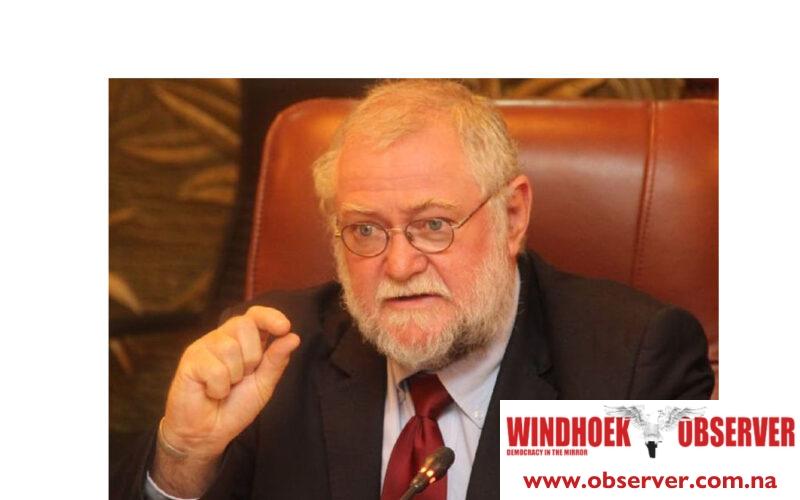Niël Terblanché
In a bid to accelerate progress toward Sustainable Development Goals (SDGs) in Africa and address the urgent need for climate mitigation, adaptation, and resilience in the continent’s water and sanitation sector, African leaders convened in Swakopmund, Namibia, for the 23rd African Water Facility (AWF) Governing Council Meeting.
The event coincided with the seventh edition of the Africa Sanitation and Hygiene Conference (AfricaSan7).
The gathering was officially inaugurated by Namibia’s Minister of Agriculture, Water, and Land Reform, Calle Schlettwein, who stressed the pivotal role played by the African Water Facility in advancing Africa’s development goals.
Established in 2004 as a special fund within the African Development Bank, the AWF has been instrumental in mobilizing financial resources for water and sanitation investment projects to achieve water security and sanitation for all in Africa.
Since its inception, the AWF has secured €205 million in grant funding, supporting the preparation of 135 projects across 52 African Union Member States.
These projects have leveraged an impressive €1.6 billion in downstream investments, providing safe water access to an additional 14.1 million people and delivering sanitation services to 9.1 million more.
Schlettwein, who currently serves as the AWF’s chairperson said that the critical need of addressing Africa’s water and sanitation challenges should not be underestimated.
He pointed to the need to meet SDG 6 targets, which include supplying fresh and safe water to 400 million people without access to water, providing sanitation to 800 million individuals, and offering water solutions to millions residing in informal urban settings. Additionally, preventing water pollution was identified as a critical objective.
Schlettwein said that achieving Africa’s developmental ambitions, particularly in industrialization and agriculture, relies on secure, sustainable, and affordable access to water and sanitation.
“Climate change, with its severe consequences on the water cycle, poses a substantial obstacle to this objective. The African continent has been witnessing increasing droughts, floods, storms, wildfires, heatwaves, glacier melting, rising sea levels, and other climate-related challenges, making water and sanitation more expensive and difficult for developing countries to attain,” he said.
He indicated that Africa is faced with three pressing crises; a financial crisis characterized by debt burdens, inflation, and financial rule manipulation; a political crisis marked by an increase in armed conflicts and instability; and the overarching climate change crisis.
In response to these challenges, Schlettwein called for enhanced cooperation between institutions like the African Water Facility, the African Development Bank, and the African Ministers Council on Water and Sanitation (AMCOW).
He stressed the need to leverage financial resources effectively, attract private sector involvement, and strengthen partnerships with development partners and investors.
The 23rd AWF Governing Council Meeting will assess progress on the 2023 Work Plan, discuss plans for 2024, and explore strategies to increase the Facility’s resource base for future endeavours.
It will also consider recommendations for reforms within the Governing Council and the possibility of extending the AWF’s term beyond 2025.
“As Africa strives to achieve its development goals amid mounting challenges, the critical role played by the African Water Facility remains pivotal in providing access to clean water and sanitation services, supporting industrialization, and addressing climate change impacts across the continent,” he said.
Schlettwein affirmed the commitment of the Namibian Government and other African governments to work with partners to support Africa’s development, with a particular focus on water and sanitation.
The 23rd AWF Governing Council Meeting and AfricaSan7 Conference in Swakopmund provide a platform for African leaders to collaborate and strategize in pursuing a brighter and more sustainable future for the continent.



Leave a Reply